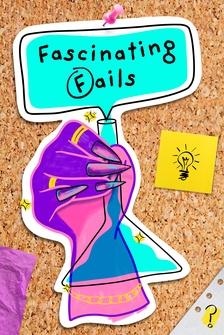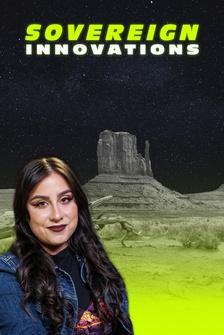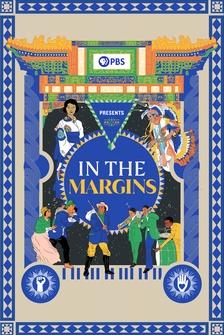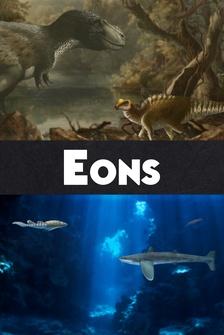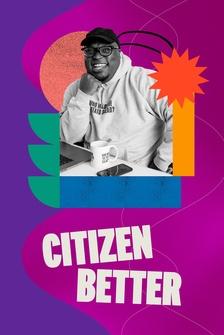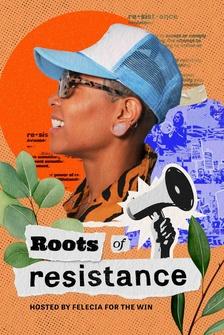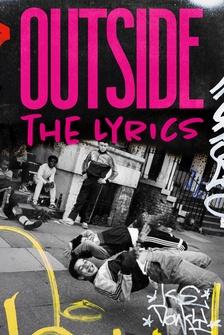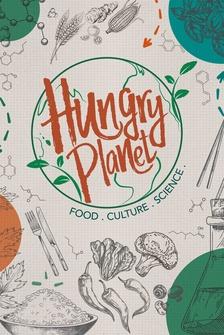- In the US, we use the same water we drink to flush our toilets, wash our cars, and water our lawns.
But are we going to run out of water altogether?
Depending on where you live, that might be a question you face sooner rather than later.
So the big question is, do I need to start building my stillsuit, or can we fix our water crisis through technology?
What is a water utopia, and can we achieve it?
I'm Swapna Krishna.
Let's explore the future of water.
(upbeat music) In the age of peak water, which means that in the next five years half what world's population will live in a water-stressed area, cities like San Francisco are trying to reduce how much water they waste by requiring large commercial buildings to recycle it.
Black water recycling systems are a step in the right direction because they focus on recycling versus finding new sources of water.
Black water is water that's contaminated with bacteria from your toilet and dishwasher.
Gray water is shower and bath water.
It's easier to treat and reuse for things like rooftop cooling, drip irrigation, and yep, flushing toilets.
Newsha Ajami studies water systems in the Western US where drought has become the new normal.
- First we need to know if we can actually get more out of what we have rather than just constantly looking for more and more water, because the reality is we have a limited amount of water on this Earth.
- Before you start blaming your roommate for taking long showers, we should note that, like with climate change, individual actions aren't really the issue here.
- Most of the water is being used by industry, and most of that is being used by the food industry.
So there's the challenge.
We have to eat and we have to provide food for a growing population, but we have to do it in the face of climate change and in the face of a declining supply of ground water.
- This is hydrologist Jay Famiglietti.
He and his team used a pair of satellites to track the amount of water across the globe basically by measuring the gravitational pull of the water.
- When they fly over a place like the Southwestern US that's, you know, in the middle of this mega drought, that region has lost water weight, and so it exerts slightly less of a gravitational tug on the satellites and they float a little bit higher in their orbit, so the measurement is actually of the position of the satellites.
- After more than a decade of monitoring, they found disturbing hotspots where ground water is rapidly depleting, and we're growing 25% of our food in those hotspots.
Think those bananas and coffee you love so much.
Industrial farms use 70% of the world's fresh water and they're increasingly reliant on ground water.
Ground water is especially vulnerable because it takes time for rain and surface water to trickle down through the soil to join underwater aquifers.
And the rate we're pumping it out is not sustainable.
Climate change is a threat multiplier for water scarcity.
We're experiencing more drought, less snow melt in the spring, and unpredictable rainfall.
- A lot of the world is still using really, really inefficient flood irrigation, which is exactly what it sounds like.
So that's way more water than it's necessary to grow most crops, a lot of it ends up evaporating.
- Hydrologists agree that instead of trying to create more water, which is virtually impossible, we should start by curving our demand.
We'll replace our number one crop in the US, lawns, with native grasses, shrubs, or rock gardens.
In a lot of places, these transitions are already happening.
Starting in 2002, Las Vegas gave cash incentives for ripping out lawns and replacing them with desert shrubs and trees.
The city also prohibited front lawns in new developments and put golf courses on water diets.
All those cuts led to a 46% reduction in water use over two decades.
Other drought-stricken areas in the Southwest US are contemplating implementing similar measures.
- A portfolio approach is going to be required around the world and the elements of the portfolio are going to change from place to place.
So that utopian version is that everybody is using the amount of water that's available in their region and no more and things are incredibly efficient and all the water's been recycled.
Part of that utopia requires cooperation globally, because it may be to achieve the utopia, you know, you grow certain crops in certain regions or in certain countries where they're more fitting.
- But what's the other side of the coin if collectively we don't take these actions?
To hydrologists, a dystopian future of water looks a lot like the infrastructure we have right now but on steroids.
Rather than curving our demand and becoming more efficient with water, we continue asking for more, and spoiler alert.
Desalination, the process of turning sea water into drinking water, also isn't a magic bullet.
Desalination may seem like a viable solution from the outside, but in reality it takes a lot of energy and money, plus, you end up with the byproduct of toxic brine that pollutes marine environments.
- That's the dystopian nightmare.
Desalination plans up and down the coasts, you know, every few miles, and then all those brines are being thrown back into the ocean and, you know, contaminating, ruining our coasts.
And then there's going to be all kinds of pressure either within countries or across international boundaries to move water from one place to another, right?
So big crazy pipelines from, you know, the Mississippi River or from the Great Lakes to the Southwest.
- Hydrologists say that getting to utopia will require the right mix of political will and public awareness.
Take Cape Town, South Africa, for example.
In 2018, they were quickly approaching day zero, the day when the city would run out of water for its approximately four million inhabitants.
- There was a media and apolitical campaign to help people understand the dire situation the community was in and try to change the behavior, and you saw that that day zero never happened because that campaign led people changing their behavior, reducing their water use, being more thoughtful about water consumption.
- This shows us that awareness, education, and action can make a huge difference in the water crisis.
- We know that the train is headed towards a train wreck and people want to actually see the cars come off the rails before they start to do things, but in some places people are actually listening.
That's what keeps me going.
(gentle music)





